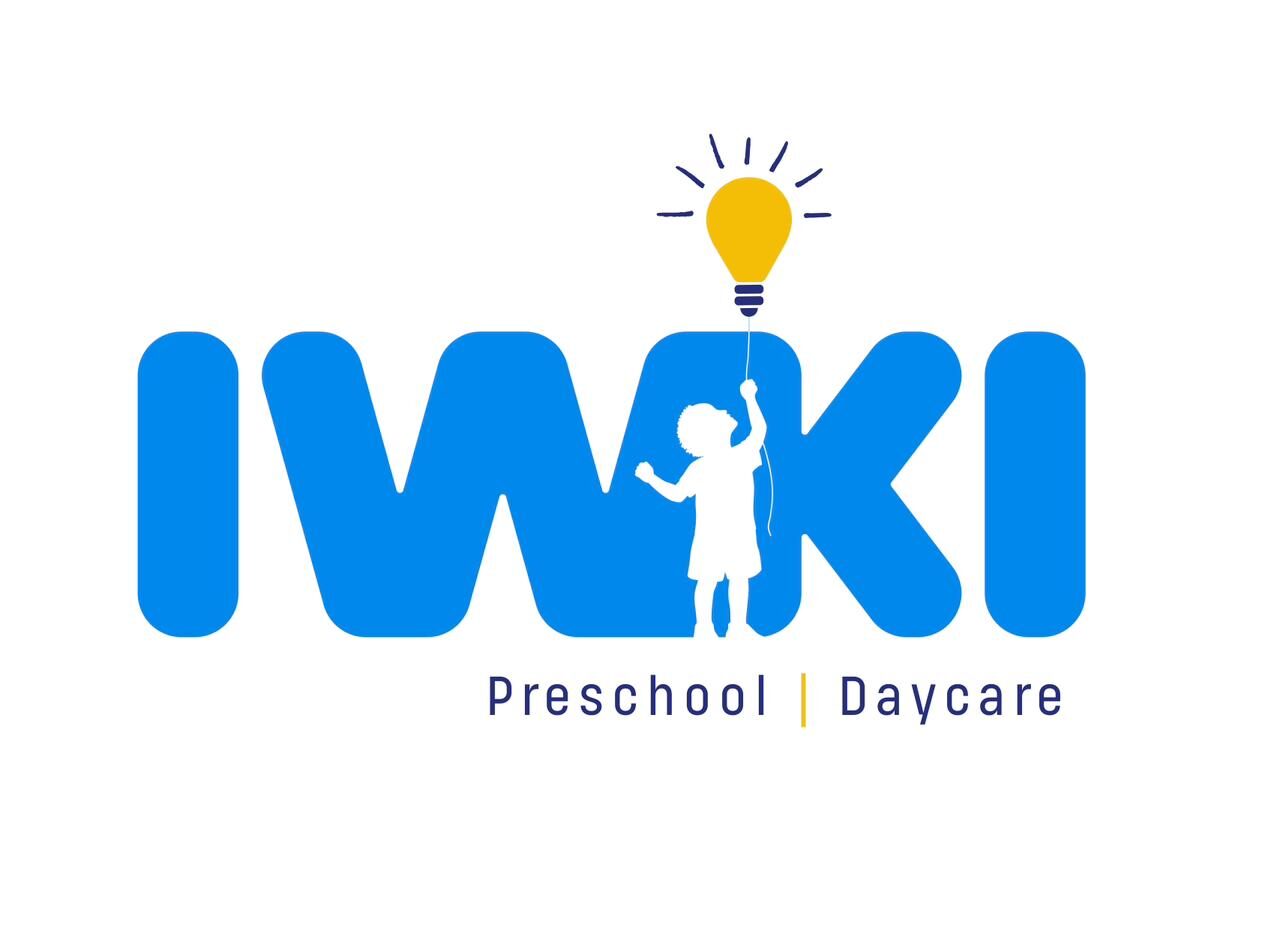Importance of early childhood education
Early childhood education lays the foundation for a child’s future learning and development. It helps children develop essential skills like communication, social interaction, and problem-solving early on. Research shows that quality early education programs, especially those that focus on innovative learning in early childhood education, can lead to better academic performance, improved behaviour, and enhanced social skills later in life. Early childhood education also promotes a lifelong love of learning and sets children up for success in school and beyond.
What is innovative learning in early childhood education?
Innovative learning in early childhood education refers to using new and creative methods to enhance the educational experience of young children. It focuses on encouraging curiosity, problem-solving skills, and critical thinking from an early age. By incorporating technology, hands-on activities, and interactive learning opportunities, innovative learning aims to make education engaging and effective for young learners.
Benefits of innovative learning
Innovative learning in early childhood education can boost creativity and critical thinking skills. It fosters a hands-on approach to learning, making education engaging for young learners. Children develop problem-solving abilities and adaptability through innovative methods. Research shows that innovative learning can enhance memory retention and overall cognitive development in children.
Impact of innovative learning on child development
Innovative learning in early childhood education can positively impact a child’s development. It fosters creativity, problem-solving skills, and critical thinking abilities. Children exposed to innovative learning techniques tend to be more engaged and motivated in their learning process. Research shows that this approach can enhance social and emotional development, as well as cognitive skills. By incorporating innovative learning methods, educators can create a stimulating environment that nurtures a child’s natural curiosity and desire to learn.
Integrating technology in early childhood education
Technology in early childhood education can enhance learning experiences for young children. Integrating technology, such as educational apps and interactive devices, can make lessons more engaging and interactive. It helps children develop technical skills from a young age, preparing them for the increasingly digital world. Additionally, technology can provide personalized learning experiences for each child, catering to their individual needs and pace. However, it is crucial for educators to ensure that technology is used appropriately and in moderation, while still emphasizing hands-on activities and social interactions.
Strategies for implementing innovative learning
Incorporating innovative learning techniques in early childhood education can greatly benefit young learners. Utilizing strategies like hands-on activities, collaborative projects, and incorporating technology can enhance children’s engagement and understanding of various subjects. Encouraging creativity and critical thinking through open-ended questions and problem-solving activities fosters a dynamic learning environment. Flexible learning spaces and personalized learning plans cater to individual needs, maximizing the effectiveness of innovative teaching methods.
Collaborative learning approaches for young children
Collaborative learning for young children encourages them to work together in groups, fostering important social skills like communication and teamwork. In this approach, kids learn from each other as well as from the teacher. It enhances their critical thinking and problem-solving abilities.
Enhancing creativity and critical thinking skills
Children who engage in innovative learning activities tend to develop stronger creativity and critical thinking skills. These skills are vital for problem-solving and decision-making. Innovative learning methods encourage kids to think outside the box and come up with unique solutions to challenges they face. By fostering creativity and critical thinking, children can better adapt to new situations and develop a deeper understanding of the world around them.
Evaluating the effectiveness of innovative learning methods
Studies have shown that innovative learning methods in early childhood education can significantly improve children’s cognitive development. Research has indicated that these methods can enhance critical thinking skills, creativity, and problem-solving abilities in young learners. Implementing innovative learning approaches, such as hands-on activities and interactive technology, has been shown to increase student engagement and motivation in the classroom.
Success stories and recommendations for parents and educators
If you want to see the benefits of innovative learning for young kids, look no further. Success stories from parents and educators highlight the positive impact it has. Recommendations from those who have experienced it firsthand can guide you on how to implement these methods effectively.


